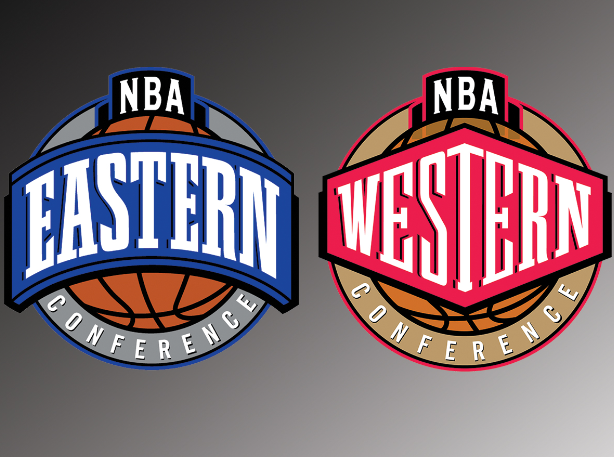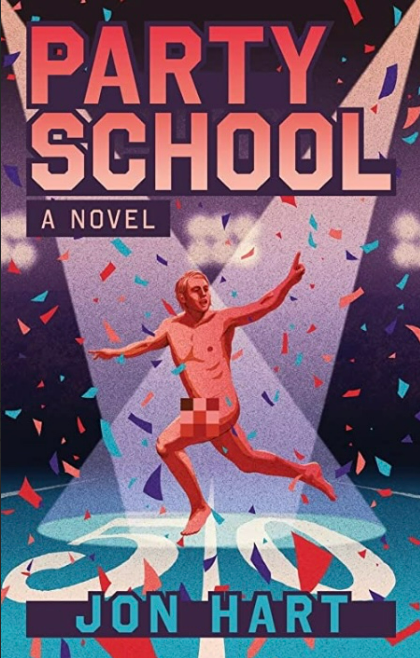Kevin Park, Staff Writer
“The Hunger Games,” originally written by television writer and novelist Suzanne Collins in 2008, graced the movie screens, directed by director Gary Ross on March 23, 2012, starring Jeniffer Lawrence as Katniss, Josh Hutcherson as Peeta and Liam Hemsworth as Gale. With its great popularity, the movie made 152.5 million dollars in North America in only its opening weekend. This historical record has risen sharply, and has reached 250 millions dollars.
Behind the great success, Ross’s conversion from the novel to the movie played a large role. Although the movie sacrificed a few scenes in order to pack a 374-page-long novel into a 142-minute-long movie, it still smoothly delivers its critical points. Due to this disadvantage, many violent scenes that involved blood and gore during the games had to be dropped. Although it lacks of spectacular action scenes, it has an intensified love story between two attractive participants from District 12, Katniss and Peeta. In fact, the movie focuses on this young relationship, often making audiences giggle.
Although Lawrence and Hutcherson play the protagonists almost spotlessly, there is a lack of uniqueness in each character, especially among participants from the other districts. This lack of uniqueness makes the roles of the other participants seem unimportant. One of the most important characters, Rue, played by Amandia Stenberg, does not engage viewers’ sympathy in the same way the book does due to the lack of storytelling.
“The Hunger Games” expresses a strong criticism toward politics and media of the 21st century. Its skeptical view about the conflict and disparity between the rich and the poor lies at the core of the movie. Using their incomparable power, the rich apathetically dominate society. It also harshly criticizes the phoniness of media and entertainment of the 21st century, making a violent game like an ancient entertainment of gladiator battles.
Most importantly, “The Hunger Games” also focuses on the theme of one teenage girl’s agony and hardship in life. In order to survive in the deserted world and save her sister, Katniss abandons her feminist character, and upholds the character of an independent and strong woman, who even saves Peeta’s life. Katniss, instead of facing the phony world of being a fancy girl, confronts the reality of the world with her honesty and integrity.
Ross’s post-apocalyptic movie, “The Hunger Games,” undoubtedly delivers the magnitude that readers felt in the books in the movie. Its shocking break of records prove its success. Being only the first of the trilogy, fans are more than just anticipating to see the sequel. To audiences who are fascinated by this amazing drama, “may the odds be ever in your favor.”
Share your thoughts on “The Hunger Games” in our comments section below.
“The Hunger Games,” originally written by television writer and novelist Suzanne Collins in 2008, graced the movie screens, directed by director Gary Ross on March 23, 2012, starring Jeniffer Lawrence as Katniss, Josh Hutcherson as Peeta and Liam Hemsworth as Gale. With its great popularity, the movie made 152.5 million dollars in North America in only its opening weekend. This historical record has risen sharply, and has reached 250 millions dollars.
Behind the great success, Ross’s conversion from the novel to the movie played a large role. Although the movie sacrificed a few scenes in order to pack a 374-page-long novel into a 142-minute-long movie, it still smoothly delivers its critical points. Due to this disadvantage, many violent scenes that involved blood and gore during the games had to be dropped. Although it lacks of spectacular action scenes, it has an intensified love story between two attractive participants from District 12, Katniss and Peeta. In fact, the movie focuses on this young relationship, often making audiences giggle.
Although Lawrence and Hutcherson play the protagonists almost spotlessly, there is a lack of uniqueness in each character, especially among participants from the other districts. This lack of uniqueness makes the roles of the other participants seem unimportant. One of the most important characters, Rue, played by Amandia Stenberg, does not engage viewers’ sympathy in the same way the book does due to the lack of storytelling.
“The Hunger Games” expresses a strong criticism toward politics and media of the 21st century. Its skeptical view about the conflict and disparity between the rich and the poor lies at the core of the movie. Using their incomparable power, the rich apathetically dominate society. It also harshly criticizes the phoniness of media and entertainment of the 21st century, making a violent game like an ancient entertainment of gladiator battles.
Most importantly, “The Hunger Games” also focuses on the theme of one teenage girl’s agony and hardship in life. In order to survive in the deserted world and save her sister, Katniss abandons her feminist character, and upholds the character of an independent and strong woman, who even saves Peeta’s life. Katniss, instead of facing the phony world of being a fancy girl, confronts the reality of the world with her honesty and integrity.
Ross’s post-apocalyptic movie, “The Hunger Games,” undoubtedly delivers the magnitude that readers felt in the books in the movie. Its shocking break of records prove its success. Being only the first of the trilogy, fans are more than just anticipating to see the sequel. To audiences who are fascinated by this amazing drama, “may the odds be ever in your favor.”
Share your thoughts on “The Hunger Games” in our comments section below.






























